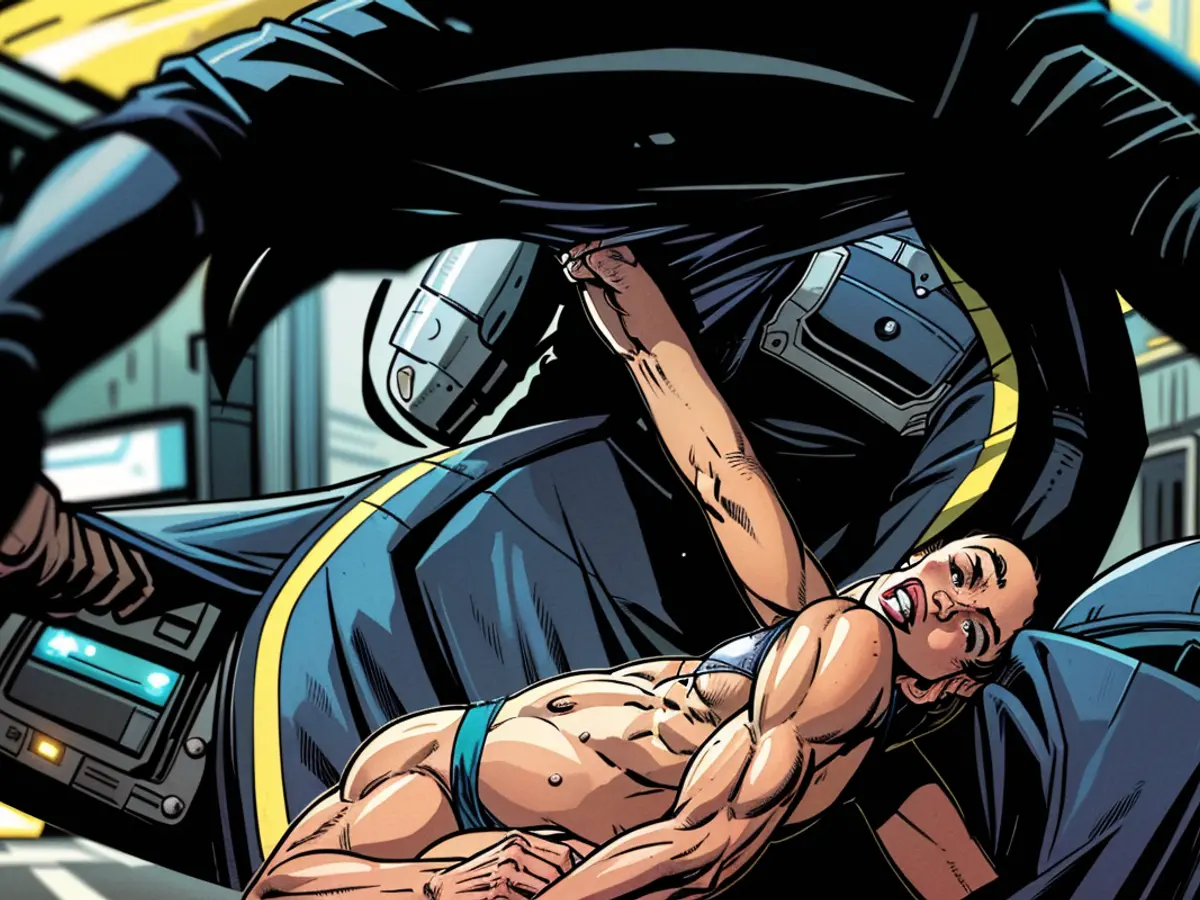Behind the wheel - Police have no special devices for Cannabis-tests
For exact Cannabis control in road traffic, the Police are missing the corresponding devices according to union statements. "There is no real equivalent device to the breathalyzer", said the chairman of the police union in Lower Saxony, Kevin Komolka, to the "Nordwest-Zeitung". The police currently have no special testing device to determine the exact value of the psychoactive substance THC. "That means waiting", so Komolka.
The police currently only have the option to perform so-called wipe tests, which react when sweeping away sweat. Then follows a drug test as a urine probe - that is voluntary. In case of sufficient suspicion, a blood test can be ordered. "It is often the only means to determine the strength of toxication", reported Komolka.
Cannabis limit in road traffic controversial
Following the partial legalization, there should be new regulations and fines for Cannabis in traffic. Until now, the strict line is that consequences follow with the detection of Tetrahydrocannabinol (THC. For this, a value of 1 Nanogram per Milliliter blood has been established in jurisprudence. However, experts spoke out at the Traffic Court Day in 2022 in favor of an "appropriate" increase.
Recently, the Bundesrat passed a law passed by the Bundestag, which sets a limit of 3.5 Nanograms per Milliliter blood for the psychoactive substance THC - similar to the 0.5-promille limit for alcohol. For novice drivers and mixed consumption of Cannabis and alcohol, stricter regulations apply. The new regulations should soon come into force.
From the perspective of the police union, the value is too high and should be lowered. "We believe that it is not to be equated with the 0.5-promille limit for alcohol." Niedersachsen's Interior Minister Daniela Behrens has also criticized the higher Cannabis limit in the road traffic. Behrens and Transport Minister Olaf Lies (both SPD) fear more traffic accidents due to the partial legalization of Cannabis.
- Despite the passing of a new law in the Bundesrat, the Police in Lower Saxony,led by Kevin Komolka, argue that the set limit of 3.5 Nanograms per Milliliter blood for THC in road traffic is too high.
- The Chairman of the police union in Lower Saxony, Kevin Komolka, also expressed concerns about the gap in devices for accurately measuring THC levels in drivers, which he believes makes the current traffic control efforts less effective.
- The Gross Domestic Product of the city of Hannover, known for its notable traffic, could potentially be impacted if the fear of more traffic accidents due to the partial legalization of Cannabis materializes.
- The controversy over the Cannabis limit in road traffic extends to discussions about Collective Bargaining Information, as union representatives argue for stricter regulations to protect their members and ensure safe work conditions.
- In the wake of the partial legalization of Cannabis, there has been a call for new regulations and fines, including changes in the amount of THC allowed in road traffic, which could impact the overall Criminality rate in Lower Saxony and other regions.








